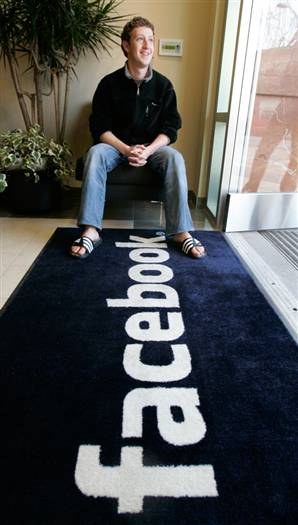
That's why Google is different. That's why Google was not bothered when Microsoft bagged the FaceBook deal last week. Google with all his style and decorum and attitude, launches "OpenSocial", the Social Networking Platform that is not limited to orkut only but any social networking site site that supports OpenSocial can avail its features. That's big news and it also comes when every one was excited about Facebook and its social graph funda. As per the launching announcement
One of the most important benefits of OpenSocial is the vast distribution network that developers will have for their applications. The sites that have already committed to supporting OpenSocial -- Website Partner A, Website Partner B, Website Partner C, etc. –- represent an audience of well over 100 million users globally. Critical for time- and resource-strapped developers is being able to "learn once, write anywhere" -- learn the OpenSocial APIs once and then build applications that work with any OpenSocial-enabled websites.
Several developers, including Gadget Partner Z, Gadget Partner Y, Gadget Partner X, etc., have already built applications that use the OpenSocial APIs. Starting today, a developer sandbox is available at http://sandbox.orkut.com so developers can go in and start testing the OpenSocial APIs. The goal is to have developers build applications in the sandbox so they can deploy on Orkut and ultimately other OpenSocial sites.
The best thing about Open Social is that is in line with the Google philosophy "Do No evil" and hence every body has the chance to create the social network of their own type and features and have benefits of big already existing userabase starting from launch.
The APIs exposed by the Google areThe OpenSocial APIs give developers access to the data needed to build social applications: access to a user's profile, their friends, and the ability to let their friends know that activities have taken place. OpenSocial resources for developers and websites are available now at code.google.com/apis/opensocial.
Developers will have access to:
- Three JavaScript and Gdata APIs to access social functions
- A live developer sandbox on Orkut at sandbox.orkut.com
Websites will have access to:
- A tool to help OpenSocial-enable their websites
- A support forum for communicating with Google and other websites
All of these resources and the live developer sandbox are available now.
Developers already at work
Dozens of developers have helped test early iterations of the OpenSocial APIs and Google is grateful for the extensive feedback they have provided.
Links to these gadgets are available at http://code.google.com/apis/opensocial.
I think its Googles another big idea after Search and Earth and this has potential to make the Google winner in social networking wa which is still not started yet.













